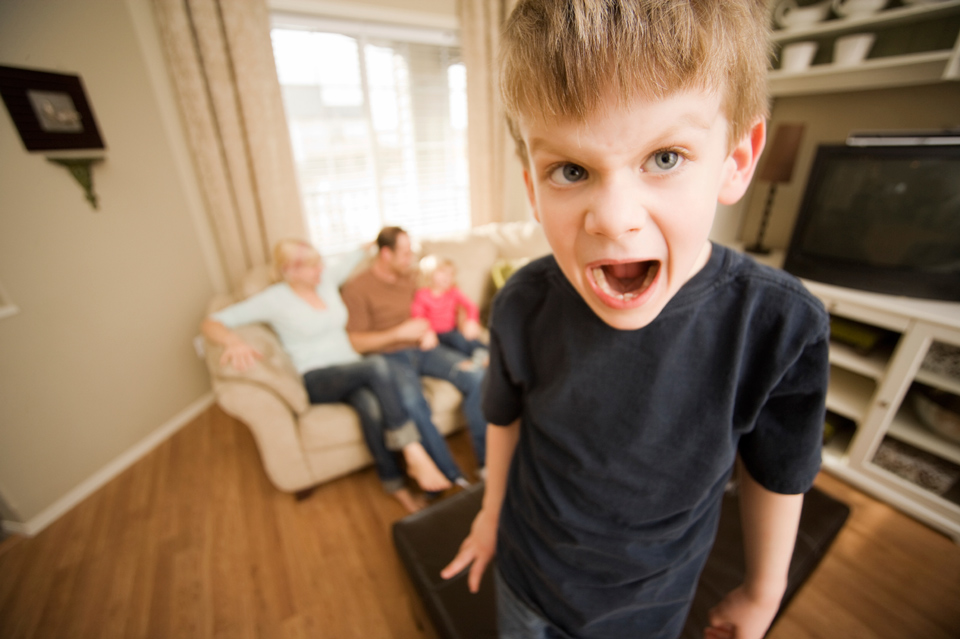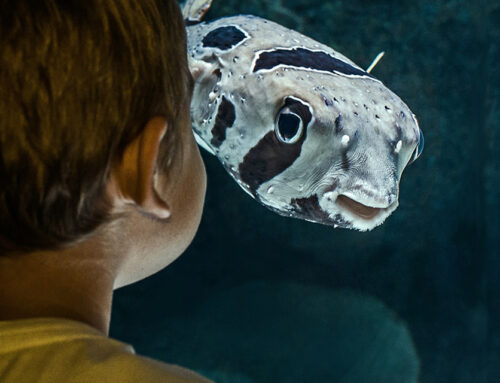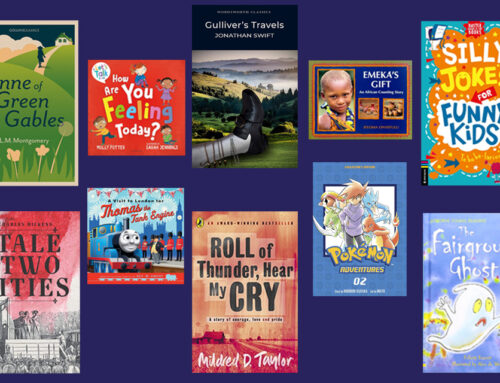Children with high learning potential, especially those who display Psychomotor Overexcitability, can be highly energetic, always on the go and may want to be constantly engaged in an activity. It can lead parents to despair to have a child who won’t sit still at the dinner table, who rushes around all day, and who never seems to get tired. How can we cater for our highly energetic children?
1. Understand their overexcitability
A child with psychomotor overexcitability is not being defiant when they are fidgeting fit to burst after sitting still for a certain amount of time; they need to let that excess energy out. Understanding that it is not poor behaviour but a need that requires support is an important first step to supporting your child.
2. Think up a go-to list of positive ways to let the energy out and schedule it into the day
Creating a go-to list reinforces the message that your child’s high energy is not “bad” or something about which they should feel guilty; understanding it and supporting it can actually be an amazingly positive thing. Letting that energy out will also help a child with psychomotor overexcitability to concentrate, which, in turn, will help them to feel good about themselves and enjoy a sense of accomplishment, too.
Use fidget toys and movement breaks to let out that energy. In the garden this may involve running, hopping, skipping or a home-made assault course. See Grand Ideas for Garden Games for great ideas on keeping your child busy and moving in the garden. In the house you could create furniture-friendly versions of these activities, or come up with other great indoor activities (even running on the spot can work wonders!). Even moving from one room to another can help to incorporate movement breaks into the day, so why not ask them to fetch things for you from around the house when you are busy working in the kitchen or get them involved in chores for themselves (younger children love to help with housework!) [i]
3. Enjoy daily walks
Get out and about – incorporating a walk or time in the garden can help your child to express their energy while providing all-important access to nature and developing their wellbeing. Use it in any way you feel is best, but remember it is only part of the day’s movement needs, not all of it. Take a look at 10 Inspirations for Daily Walks for some great ideas on how to really make the most of your daily walk and see Wellbeing and Nature – Indoors and Out for ideas for outdoor activities.
4. Help with fidgeting
Are school mentioning how much your child is fidgeting? Are fidget toys and motion breaks themselves not enough? Perhaps your child is in need of a little more challenge. It is often easier for a child with psychomotor overexcitability to concentrate if they are super-interested in the activity. Of course, this may need to be balanced with some more mundane work, but allocating time for their passions can really aid enthusiasm and concentration. This, in turn, can have a positive effect on their self-esteem and wellbeing, and might even make the less welcome tasks more bearable, too. See Learning Resources for lots of links to great ideas to keep even the most high energy child occupied throughout the day. With subject-specific resources as well as great challenge ideas and lots more to keep up with even the busiest child with high learning potential. Also remember to introduce your child to new things. Not everything will be a hit, but it is great to try new things that might lead to new hobbies, interests or passions. [ii]
5. Help your child handle stress
If your child is jumping off sofas or careering around the place even more than usual, it is important to remember that this is unlikely to be knowingly-chosen “bad” behaviour. It is very often a stress response. Understand, reassure, and provide space for them to talk through their worries if they need to. Mindfulness activity books such as “No Worries! Mindful Kids: An activity book for children who sometimes feel anxious or stressed” by Dr. Sharie Coombes, where they can work through the activities to help them with their worries may be worth looking into. They also double as a very productive way to keep them occupied for a little while! It might also be of use to look at the advice sheet PA616 Describing Feelings, which can help children with high learning potential who may be dealing with big emotions to name and understand those big feelings, thus giving them a greater sense of agency and control.
6. Provide opportunities for calm as well
Whilst it is undeniably important to provide movement opportunities throughout the day, it is also just as key to watch out for over-stimulation and have a set of go-to soothing activities as well. Whether it is reading, having a bath or listening to music, it is essential to remember that children may sometimes need help to relax as much as they need to move and be active.
To learn more about this overexcitability, look at our advice sheet PA611 High Learning Potential and Active (Psychomotor Overexcitability). It’s also well worth reading our advice sheet on all of the overexcitabilities, PA610 Hypersensitivity (Dabrowski’s Overexcitabilities), for more information on all the other overexcitabilities too!
[i and ii] https://raisinglifelonglearners.com/psychomotor-overexcitabilities/
About the author: Caroline Hooton-Picard is an adviser for Potential Plus UK. She has a background in mental health, having worked for Suffolk Mind and also in private practice, and has a first class degree in Philosophy from the University of Essex. She also has a High Learning Potential daughter who keeps her very much on her toes!






